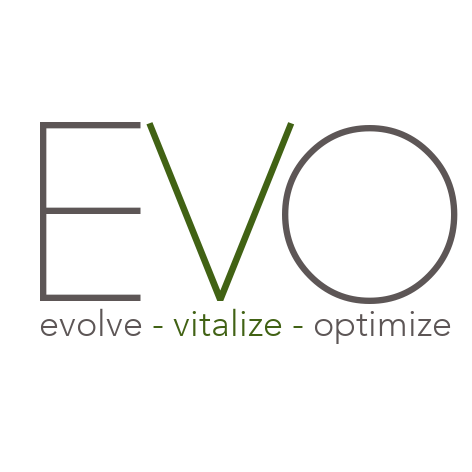Exosomes
Exosomes are being heralded as the next frontier of cell therapy. While not being cells at all, they play a vital role in the communication and rejuvenation of all the cells in our body. Science has shown that the cell-to-cell communication is important in maintaining a healthy cellular terrain. Age, chronic disease, environmental factors and genetic disorders can interfere with how our stem cells communicate with other cells, thus disrupting the healing process. Exosomes play a key role in the regulation of these communication processes.

